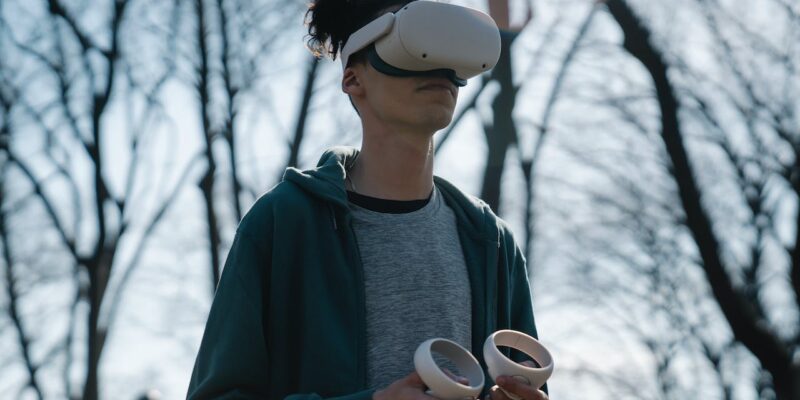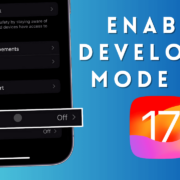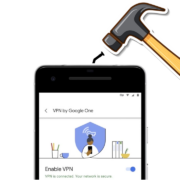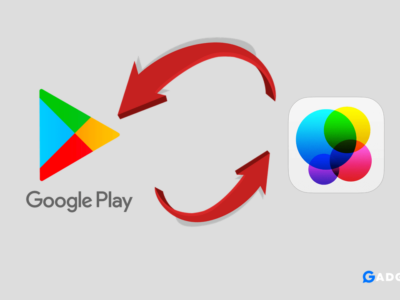Virtual Reality (VR) has always been closely associated with gaming, at least in how it is marketed. From Nintendo’s Virtual-boy to Meta’s quest 2, VR devices and manufacturers seem to have their eyes firmly fixed on the consumer gaming market… right? Well, sort of. Such devices have long been the most affordable and widely available VR devices, but that doesn’t mean they have been the only players in the game.
On the contrary, Virtual Reality is Transforming the Game Industry and has had a huge history outside the confines of gaming and entertainment, seeing it being applied to everything from education to architecture to therapy. Let’s take a moment to look at this wide array of applications for modern VR devices.
1. Education and Training
The power of VR devices has very promising applications in the world of education and training. This is because VR provides users with a simulated virtual environment where they can practice their skills in a safe and controlled environment, without fearing consequences of failure.
For example, surgeons in training have been using VR to simulate realistic, complex operations without the need of putting someone’s life at risk.
VR is also slowly finding its place within the traditional classroom, providing a portal onto other environments such as historical or geographic settings—with the media’s immersive capabilities helping to make traditional education more engaging and accessible.
2. Healthcare and Therapy
Healthcare is also seeing significant use cases for virtual reality, particularly in regards to psychological care and therapy. Therapies like exposure-therapy for PTSD or phobia sufferers have long been studied, with promising results. The benefit of VR here is that the virtual environments act as a buffer between real stimuli and fake ones—allowing users to experience virtual instances of triggering stimuli in a controlled way, while also remaining notably virtual, and thus providing less of an imminent threat than their real-world counterparts.
3. Architecture and Design
For decades now, 3D modelling has revolutionized how architects and designers can pre-visualise their work. These computational technologies allowed designers to take their designs off the page and into virtual space. Virtual reality provides another step in this progression, permitting architects, designers and users to experience these objects to scale in virtual environments.
With VR, architects can create full, to-scale versions of their upcoming projects and then experience them from a real-time first-person perspective. This amount of previsualisation can save huge sums of money when it comes to large projects.
4. Tourism and Exploration
VR isn’t all virtual, it also expands into the realm of 360 cinema. And it’s within this realm that things like tourism and travel films wow the world. 360 cinema offers the opportunity to transport yourself to different parts of the globe without the need for costly, and environmentally unfriendly, airfares. Needless to say, it can also safely expose you to extreme environments—such as those at the bottom of the ocean or even out in space.
Such experiences are not limited to 360 cinema, but, at least for now, these films provide a much more immersive tourist experience than their simulation counterparts.
5. Simulations and Simulated Training
Similar to education, various industries have long been using VR to provide simulated training. These training simulations allow for users to be exposed to extreme or potentially life-threatening situations without the danger.
Common applications in this regard come from the military, pilots and emergency services. In fact, much virtual reality technology was created with this purpose in mind, with many VR technologies being created for military training purposes.
6. Entertainment and Media
Beyond games, VR also has a plethora of use cases in other media. Film and movies translate incredibly well to VR, providing users with a new dimension of spectatorship by positioning them within the action—even having them addressed as the protagonist. But it doesn’t stop there. Documentaries, concert films and music performances all fit very well into VR thanks to its immersive nature; offering up experiences to view real world events you were unable to visit in person.
Gaming is, of course, a big part of this as well. Games like Roblox are already immersing players in VR experiences. Speaking of which, you can buy Robux to get ahead in Roblox!
7. Commerce and Business
Ever wanted to see how a pair of jeans looked on you before buying them online? Or perhaps you wanted to see how a new desk would look in your room? Or experience the interior of a specific car model the dealer didn’t have on site? VR is a great use case for all of these, and more. Providing the chance to experience virtual versions of products and services without needing to be in physical proximity to them. This use case also overlaps strongly with augmented reality technologies, which help to situate objects in the real world.
Virtual reality is only going to get more important as new use cases and hardware become more widespread. As we have seen, VR is useful in a whole array of tasks ranging from commerce to education and training to entertainment. It is worth keeping these varying use cases in mind as we continue to watch VR grow as a medium of expression and gaming, as it can help to situate devices and technologies within their full spectrum of use cases. As technology continues to advance, we can expect even more exciting applications of virtual reality, further blurring the line between the physical and the virtual.














